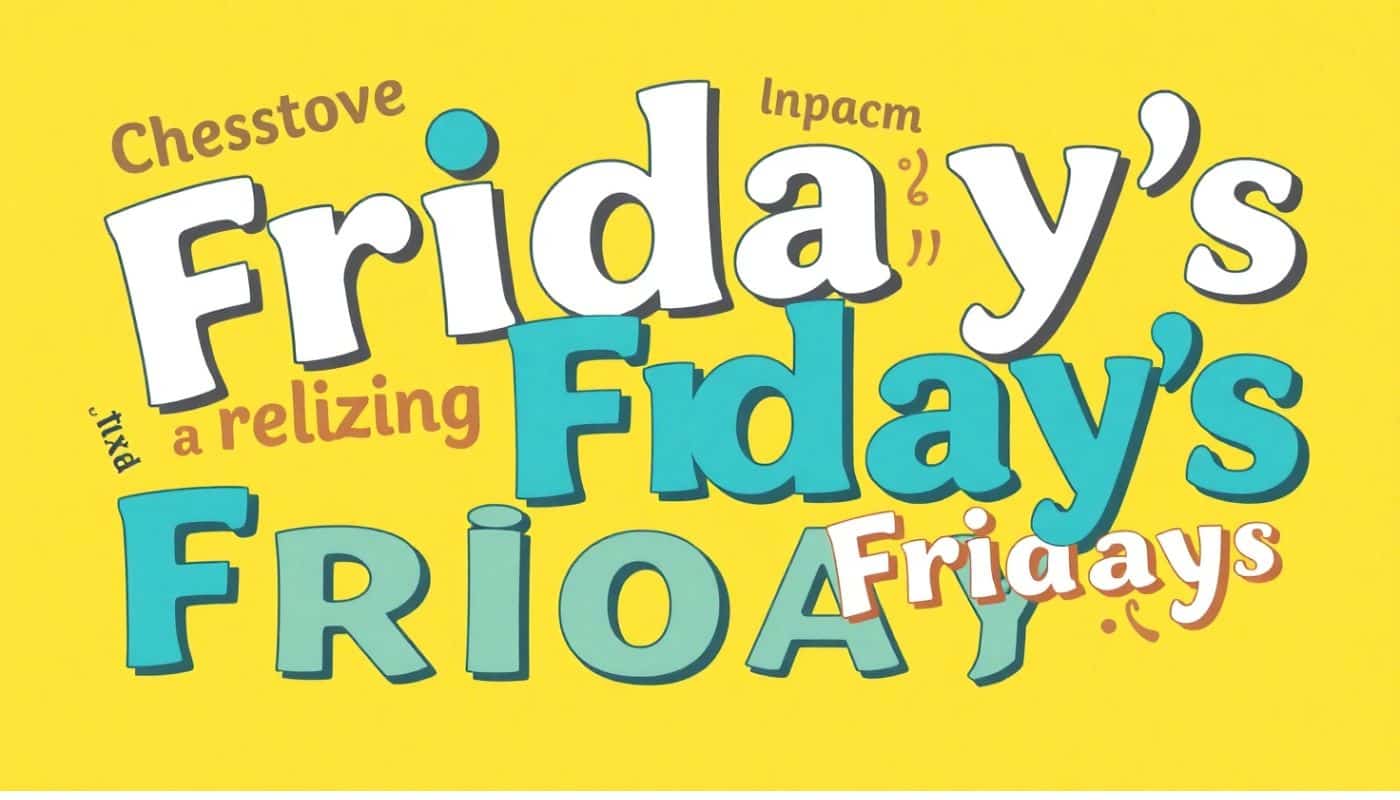15 Other Ways to Say “Looking Forward to Seeing You”

The phrase “Looking forward to seeing you” is a staple in both personal and professional communication. It conveys anticipation and ...
Read more
20 Heartfelt Responses to Happy Birthday Wishes You’ll Love

Birthdays are personal milestones that invite a great deal of attention from friends, family, and acquaintances. A simple “Happy Birthday!” ...
Read more
25 Professional Ways to Say “Thank You for Your Cooperation”

In the professional world, expressing gratitude is more than just good manners—it’s a cornerstone of effective communication and relationship-building. Saying ...
Read more
30 Ways to Say “Thank You for Your Attention” in an Email

In the fast-paced world of professional communication, expressing gratitude is more than just good manners—it’s a strategic tool for building ...
Read more
Arial vs Aerial: Understanding the Key Differences and Their Impact on Communication

In the world of the English language, word confusion can often trip us up. One prime example of this is ...
Read more
Hoodie or Hoody? Choosing the Right Spelling and Exploring Its Cultural Impact

The hoodie—or is it hoody?—has become one of the most iconic pieces of clothing in modern fashion. Whether you’re lounging ...
Read more
Understanding “Friday’s,” “Fridays’,” and “Fridays”: A Simple Guide to Clear Communication

Have you ever stared at a sentence, unsure whether to write Friday’s, Fridays’, or Fridays? That tiny apostrophe can make ...
Read more
Ninety or Ninty: Which Is the Correct Spelling? (And Why It Matters)

Spelling is one of the cornerstones of effective communication. Whether you’re drafting a professional email, sending a quick text message, ...
Read more
Understanding the Basics: Traveler vs. Traveller

The difference between traveler and traveller boils down to regional spelling preferences. Here’s the quick breakdown: This distinction isn’t unique to this word. Many ...
Read more
Class’ or Class’s? Understanding Possessives in English

English grammar can feel like a maze, especially when it comes to possessive forms. One of the most common questions people ...
Read more







